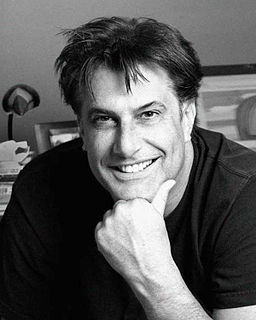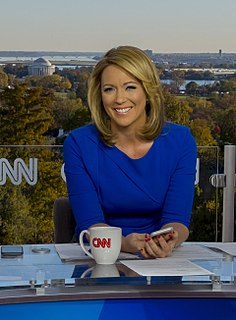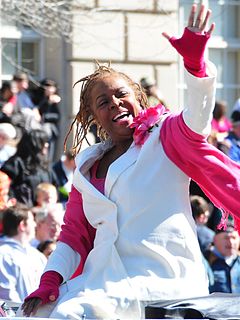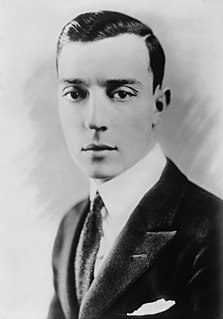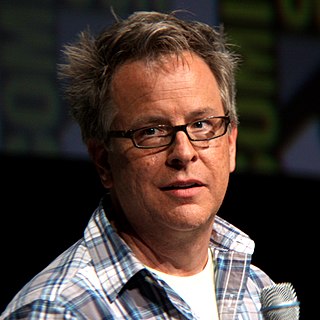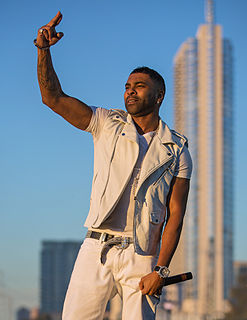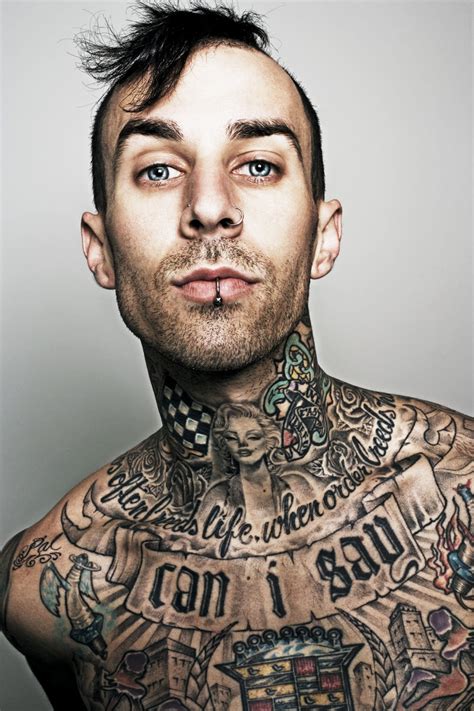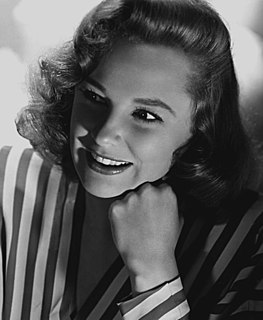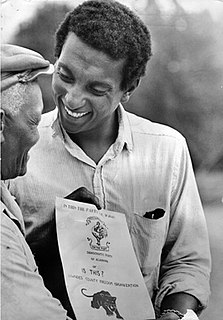A Quote by Warren Spector
I was amazed at how the life of a freelancer differed from running a remote studio for another company. I thought I knew what I was doing in 2004 when I left Eidos because I had run Ion Storm Austin, which was my own independent studio. I had run a business unit inside Origin, but being part of a startup is crazy.
Related Quotes
Why run? I run because I am an animal. I run because it is part of my genetic wiring. I run because millions of years of evolution have left me programmed to run. And finally, I run because there’s no better way to see the sun rise and set... What the years have shown me is that running clarifies the thinking process as well as purifies the body. I think best - most broadly and most fully - when I am running.
The first thing I did in the studio was to want to tear that camera to pieces. I had to know how that film got into the cutting room, what you did to it in there, how you projected it, how you finally got the picture together, how you made things match. The technical part of pictures is what interested me. Material was the last thing in the world I thought about. You only had to turn me loose on the set and I`d have material in two minutes, because I`d been doing it all my life.
I think from age 13, 14, 15, I thought, yes, this rich studio produced music is the future, but it can't be the future to go run away into the recording studio. How can we take that kind of complexity and richness and make it possible for people to touch it and play it live. That's what hyperinstruments are.
Guy Picciotto had a really sound point: Live albums basically have bands playing songs that are available on studio records, and what example can you think of where the live album is better? What are the great live albums? I have live albums of bands, but I wouldn't listen to them for the most part. So we thought, instead of spending energy trying to puzzle out how to create a live record, let's just write another studio record.
The only parental authority I had was the studio. When I was a star, there was always somebody with me, to guard me. I was not allowed to be photographed with a cigarette, a drink, a cup of coffee or even a glass of water because someone might think it was liquor. When I left the studio I was already married and had two children, but I felt as sad as a child leaving home for the first time.


